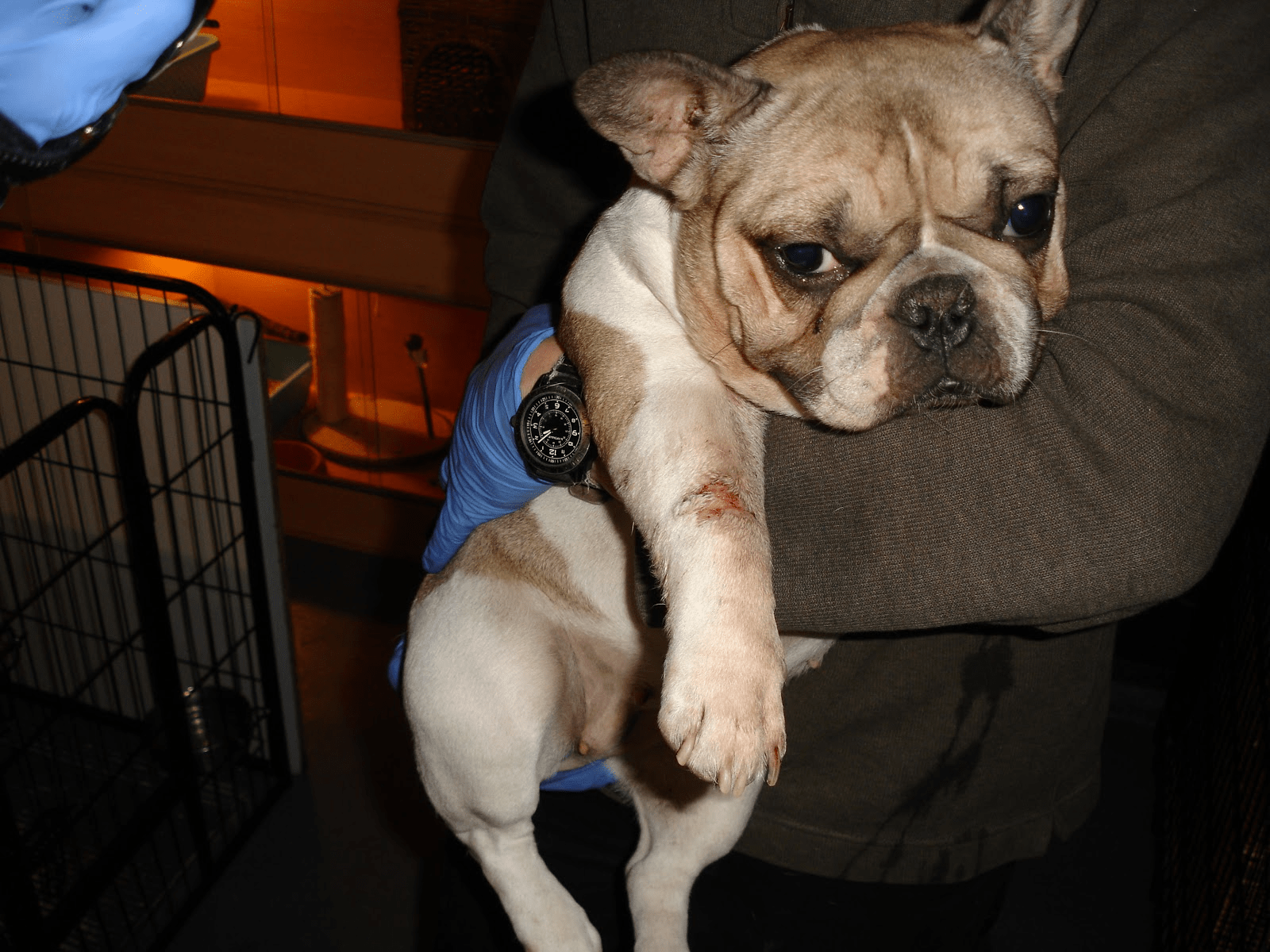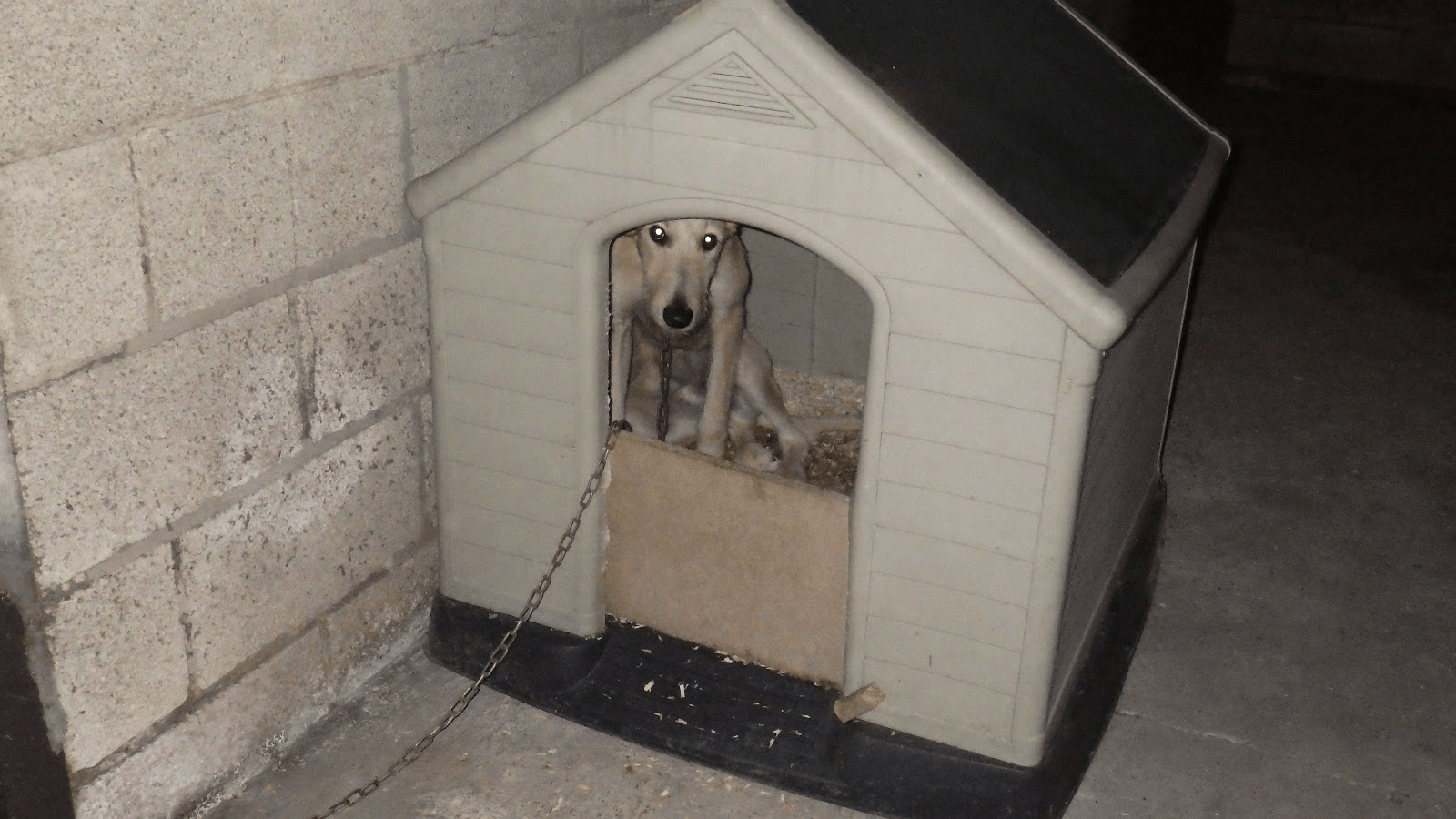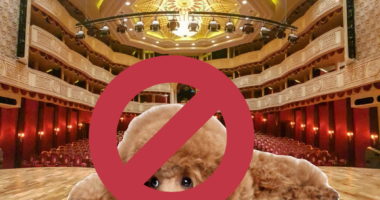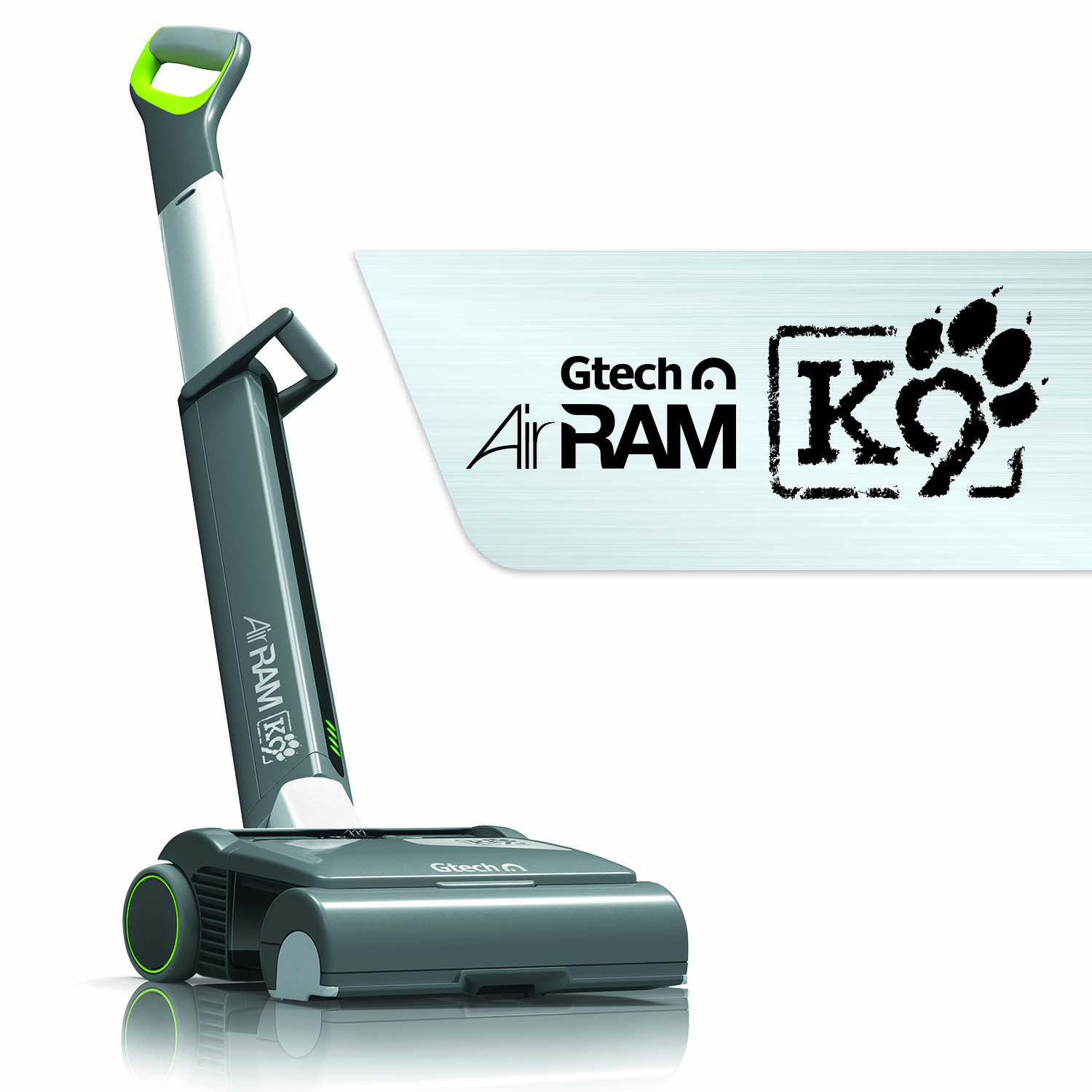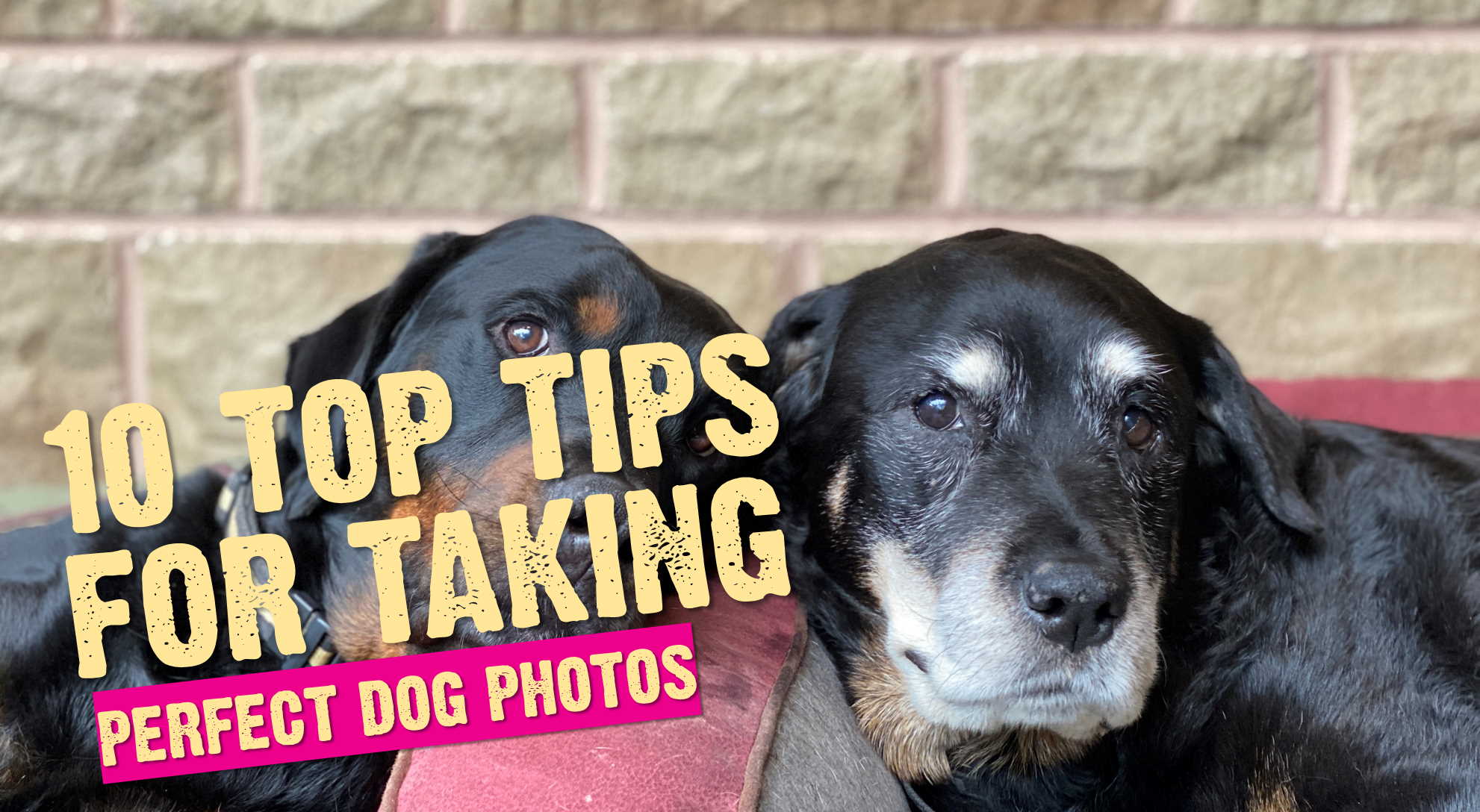Two animal traffickers who imported fashionable breeds of dogs and cats and sold them from their home in Greater Manchester have been sentenced for a number of offences.
Laura Kiseliova (DoB: 14/06/79) and Raimondas Titas (DoB: 13/03/81), crammed dozens of sick and neglected animals into cramped cages in their home where they ran their ‘heartless’ operation.
The pair, both previously of Ladywell Avenue, Manchester, were sentenced in their absence at Manchester Crown Court on Thursday (13 December) after fleeing abroad. Kiseliova was sentenced to a total of four years in prison while Titas was jailed for three years and six months. Both were disqualified from keeping pets for life.

The pair – facing 29 offences in total – previously pleaded guilty, at the start of their trial on 2 June last year, to a number of offences each, which included several animal welfare offences, relating to a large number of dogs and cats.
As part of a joint operation with the Animal and Plant Health Agency, Greater Manchester Police, Bury Council Animal Health and Salford Trading Standards officers, RSPCA inspectors were present when a warrant was executed at their previous address in Green Hill, Prestwich, Greater Manchester, on 18 November 2013 and found 41 dogs and puppies inside (pictured above) as well as eight cats.
It is believed the pair were breeding some puppies and were also trafficking dogs into England from eastern Europe, under the Pet Passport scheme, and selling them to unsuspecting members of the public under the company name of Pets 313 Ltd. Officers recovered more than 40 pet passports from the property, many of which did not match dogs found at the location, suggesting the pair were passing off trafficked dogs as those bred in the UK.
During the raid, RSPCA officers – led by the charity’s special operations unit (SOU) – found popular breeds of dogs at the property, including French bulldogs, bulldogs and pugs, as well as pedigree cats (pictured below). The dogs were being sold for between £800 and £1,000 each.
One of the undercover RSPCA officers who led the investigation – who cannot be identified – explained what she found when they entered the property: “The front room of the property was being used to sell the animals to members of the public but it was when you entered the rest of the house the scale of this operation became apparent.

“There were cages and pens containing different breeds of dogs in almost every room including a litter of puppies in a filthy ensuite bathroom upstairs. In a large garage at the back we found cages of animals stacked on top of each other.
“It was clear there were some cats and puppies that needed immediate veterinary treatment and sadly two of the puppies that were rushed to the vets for treatment later died from parvovirus.
“There was little sign of proper isolation pens for sick animals or biosecurity measures meaning any animal that passed through this place would be at risk of catching and spreading diseases and parasites.
“This was a large money-making operation at the expense of the welfare of the animals and the unsuspecting members of public who thought they were buying healthy, happy puppies.”
The couple were charged with a number of offences including failing to provide them with a suitable environment and failing to provide veterinary care, as well as breeding dogs without a licence.
RSPCA SOU chief inspector (CI) Ian Briggs said: “It was obvious that this duo were dealing and trading in a large number of animals and that many of them were not receiving the appropriate care and veterinary attention they needed.
“Some of the animals were suffering from problems such as conjunctivitis, gastroenteritis or had sore and infected wounds.”
During the investigation, most of the animals were signed over into RSPCA care and later rehomed.
CI Briggs added: “We have seen a concerning increase in the number of calls we are receiving about large-scale traders dealing, predominantly, in puppies.
“We are regularly appalled by the conditions we find puppies living in and the stories we hear from owners who have, just days after bringing their puppy home, held their new dog as he died in their arms from preventable diseases and infections.
“Unfortunately, a major factor in this trade is traffickers – such as this pair – bringing in poorly pups from abroad, without the right vaccinations and documents, and selling them to unsuspecting buyers here in England.”
Case vet David Martin said: “Many of the dogs and the cats that were removed from this address were suffering from serious infections which had the potential to make not only the puppies themselves ill but also were a significant risk to both other animals within the purchaser’s home and to the purchasers and their families.
“Great care needs to be taken when purchasing a puppy and any puppy that is off colour or unwell must receive urgent veterinary attention. It is imperative that the veterinary surgeon who examines the puppy is made fully aware of the potential for the puppy to have come from a puppy farm as many of the serious and fatal conditions that puppies from puppy farms commonly have start with very mild signs which can easily be mistaken as being related to the stress of a new home before the puppy rapidly declines, at which point it may be too late to save the puppy.”
